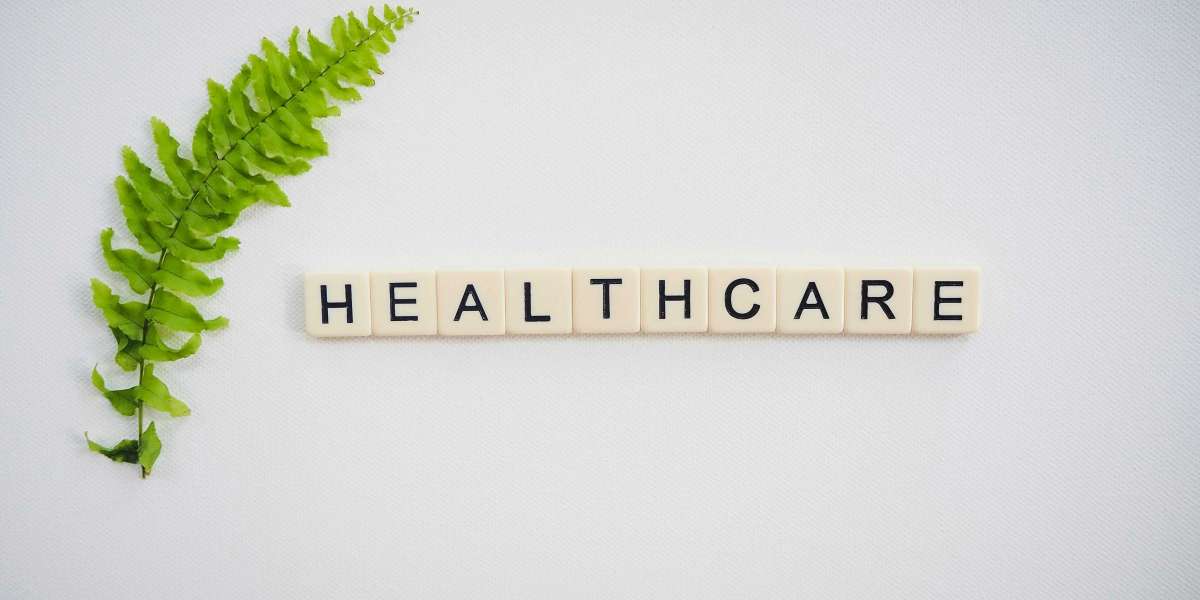Diet plays a pivotal role in managing period cramps, as what we consume can significantly impact inflammation and overall health. Learning how to reduce period cramps through dietary choices can provide relief and enhance well-being during menstruation.
Prostaglandins, which are responsible for uterine contractions, are influenced by the foods we eat. A diet high in processed foods, sugars, and unhealthy fats can exacerbate inflammation and increase the severity of cramps. Conversely, a diet rich in whole, nutrient-dense foods can help mitigate these effects. To effectively reduce period cramps, it is essential to focus on anti-inflammatory foods that can ease muscle contractions.
One of the most beneficial dietary changes is increasing the intake of omega-3 fatty acids. Found in fatty fish such as salmon, mackerel, and sardines, these fats have anti-inflammatory properties that can reduce menstrual pain. If you're not a fan of fish, alternatives like flaxseeds, chia seeds, and walnuts can provide similar benefits. Including these foods regularly can lead to significant improvements in cramp intensity.
Fruits and vegetables also play a crucial role in managing cramps. Leafy greens like spinach and kale, along with berries and citrus fruits, are rich in antioxidants and vitamins that support overall health. These foods can help combat inflammation and may lessen the severity of cramps. Moreover, incorporating magnesium-rich foods—such as bananas, avocados, and dark chocolate—can help relax muscles and reduce cramping.
Hydration is equally important. Drinking sufficient water helps prevent bloating, a common symptom that can worsen menstrual pain. Herbal teas, particularly ginger and chamomile, are also excellent options. Ginger has natural anti-inflammatory properties, while chamomile can promote relaxation and ease discomfort. Drinking these teas can provide a soothing effect during menstruation.
In addition to focusing on what to include in your diet, it’s equally important to be mindful of what to avoid. Limiting caffeine, alcohol, and salty foods can help reduce bloating and discomfort. Caffeine can constrict blood vessels and potentially worsen cramps, while excessive salt can lead to water retention, exacerbating bloating.
Regular, balanced meals can also help regulate blood sugar levels, which may influence mood and energy levels during menstruation. Skipping meals can lead to increased discomfort and fatigue, so prioritizing nutrient-dense meals is crucial. Including complex carbohydrates, lean proteins, and healthy fats in each meal can ensure sustained energy levels and overall comfort.
Supplements can also be considered to enhance dietary efforts. Omega-3 supplements, for instance, can provide additional anti-inflammatory support. Vitamin D and calcium supplements may also play a role in reducing menstrual pain. However, it’s essential to consult with a healthcare provider before starting any new supplement regimen to ensure safety and efficacy.
Incorporating mindful eating practices can also enhance your experience. Paying attention to hunger cues, savoring meals, and practicing gratitude for the nourishment can improve your relationship with food and support overall well-being. This mindfulness can extend to understanding how different foods affect your body, helping you make informed choices that reduce period cramps.
In conclusion, a thoughtful approach to diet can significantly influence the severity of period cramps. By focusing on anti-inflammatory foods, staying hydrated, and being mindful of food choices, individuals can find effective ways to reduce discomfort during their menstrual cycles. Implementing these dietary strategies not only aids in managing cramps but also promotes overall health and vitality.




